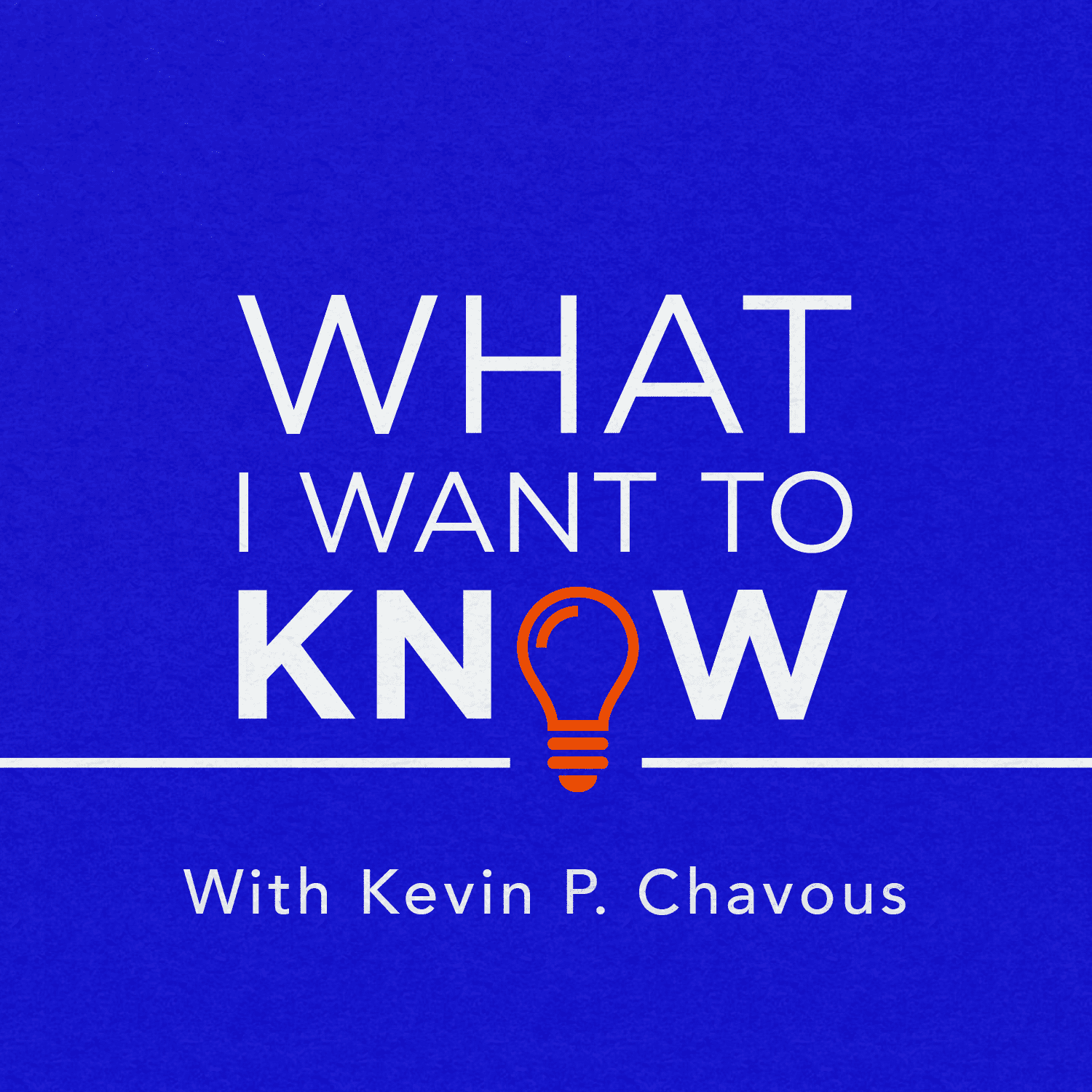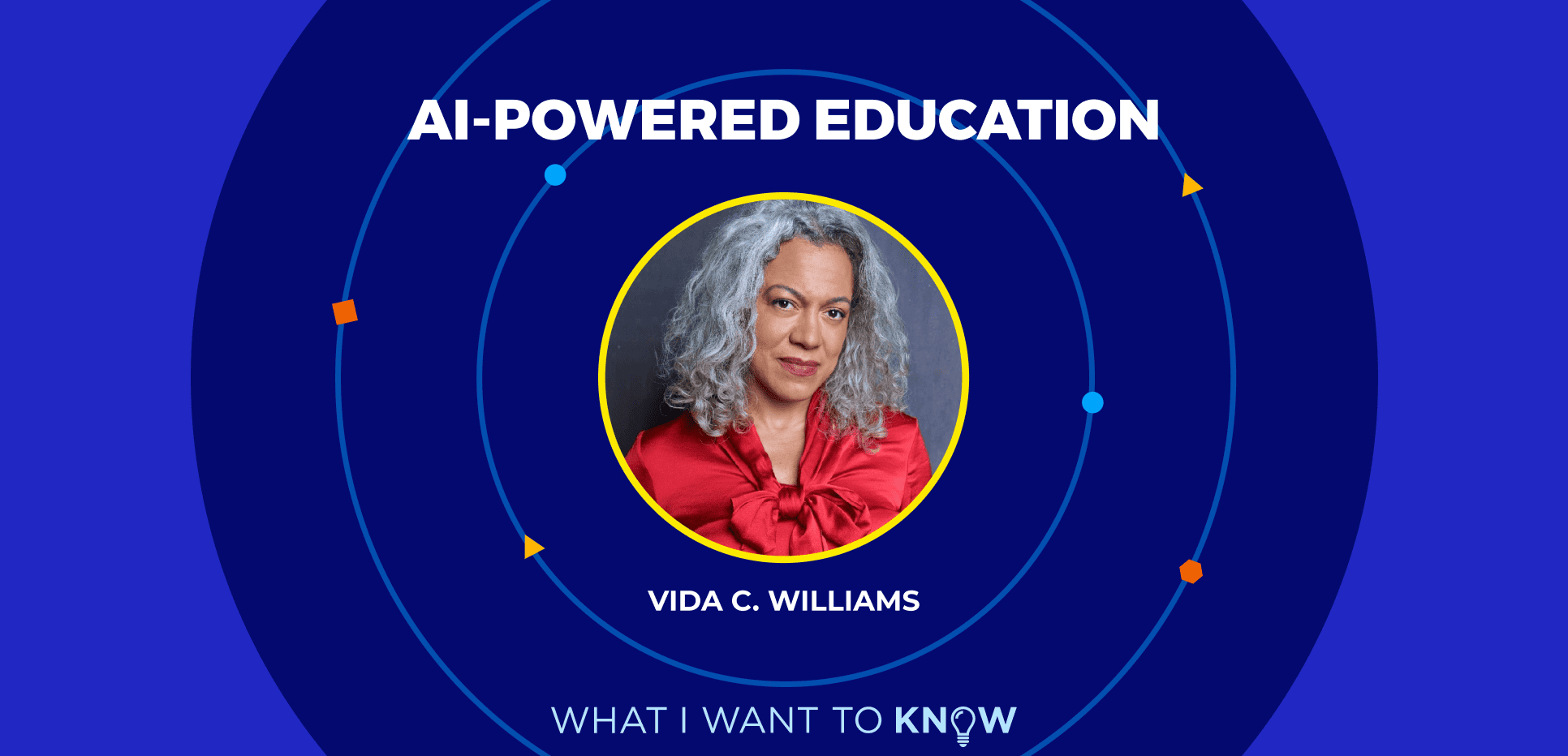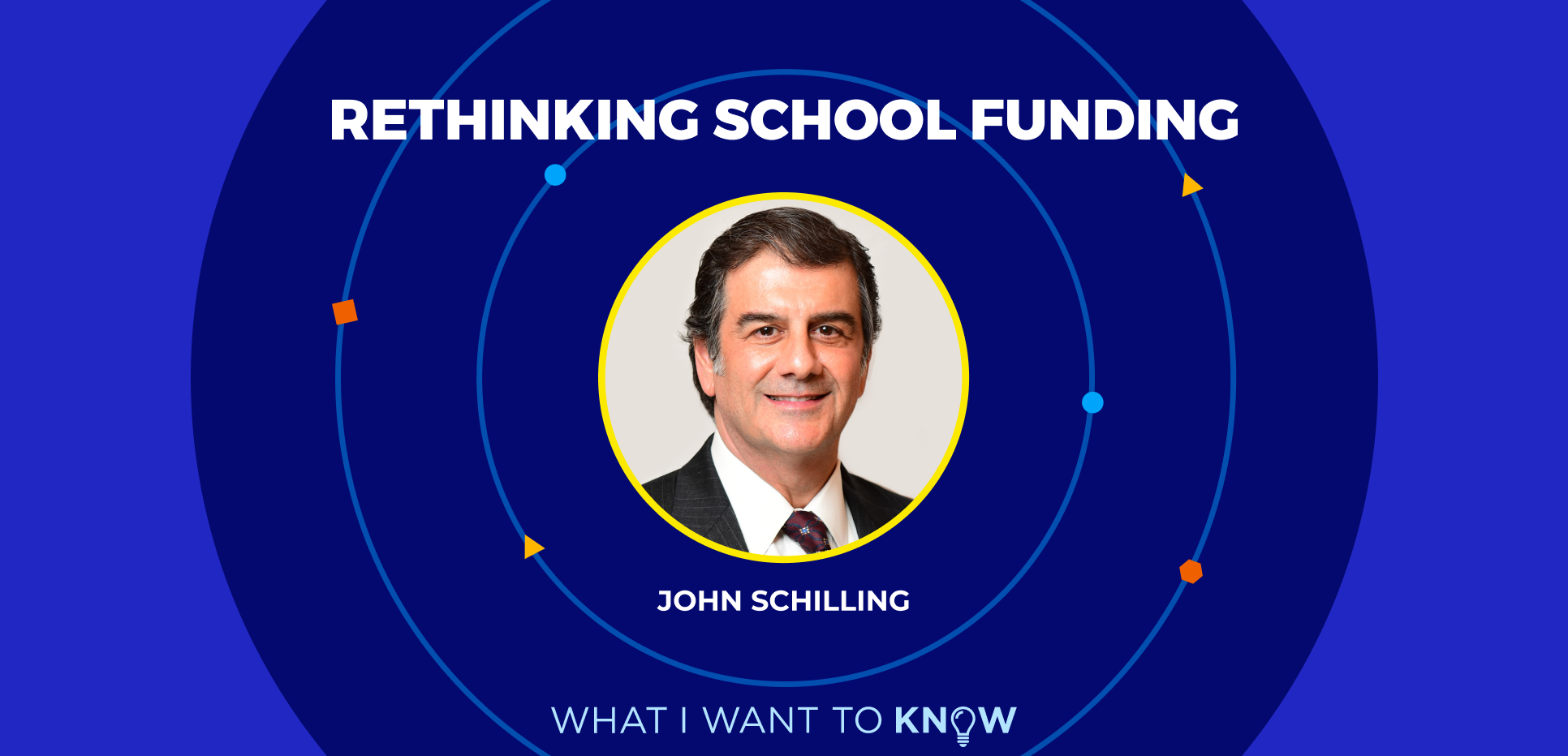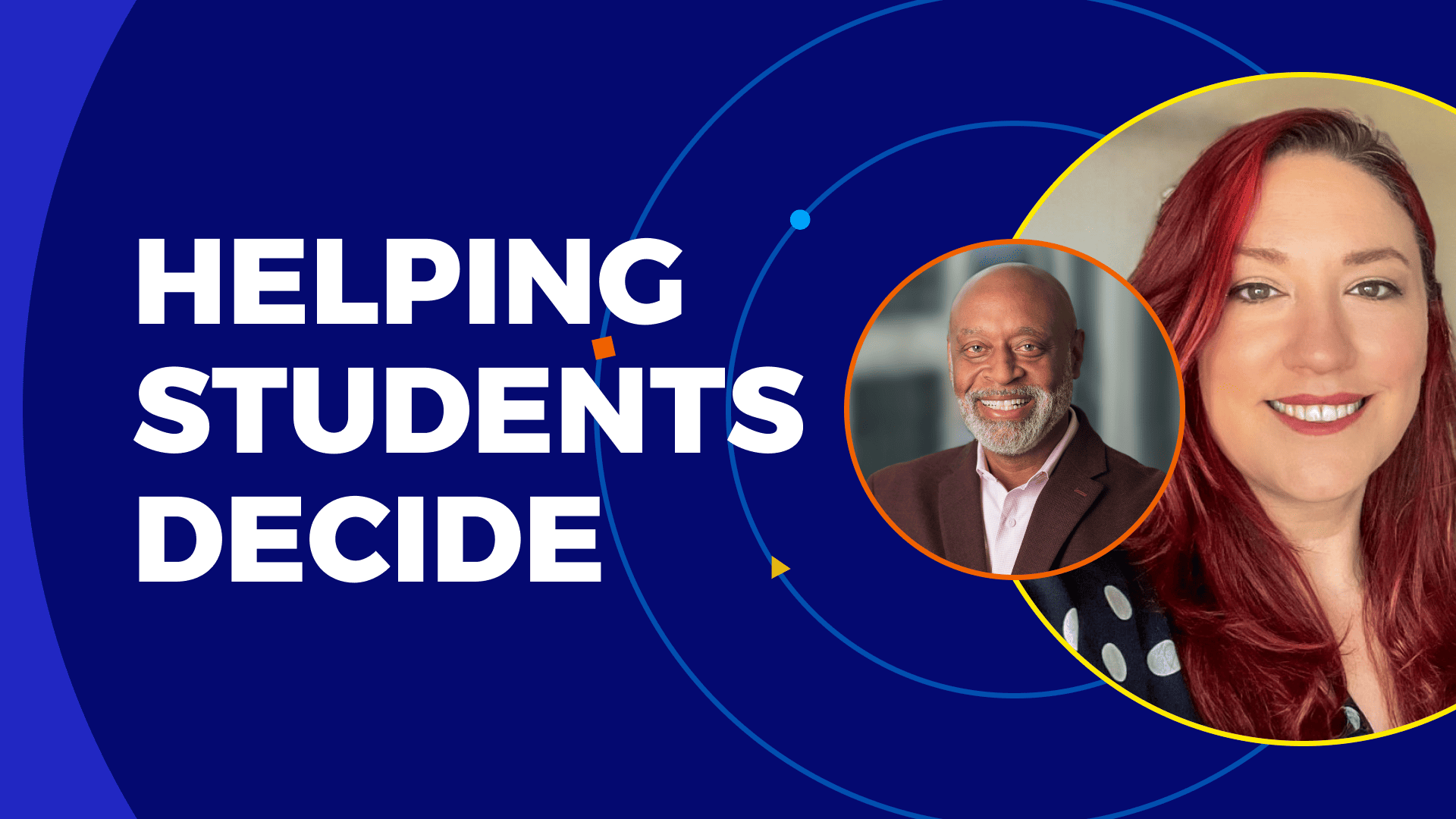A reporter for the Atlanta Journal-Constitution recently wrote she “used to bring a book to school board meetings to read during the long presentations on the new boiler system.” Now, she feels like she “needs to pack riot gear.” As school issues become more sensationalized, how should school boards approach controversial and politicized topics? How can they better navigate an age of intense parental involvement and activism? And how can they best serve the needs of students, parents, teachers, and administrators when their interests are often in conflict?
In this episode, Georgia School Board Association executive director Valarie Wilson joins Kevin to explore the issues impacting school boards in 2022, and how members can best navigate a treacherous political landscape.
Listen to the Full Audio
Listen on: Apple Podcast, Spotify
Transcript
Kevin: A reporter for the Atlanta Journal-Constitution recently wrote that she used to bring a book to school board meetings to read during the long presentations on the new boiler system. Now she feels like she needs to pack riot gear as school board issues become more sensationalized. How should school boards approach topics that are controversial and politicize? What can they do to better navigate an age of intense parental involvement and activism? And how can they best serve the needs of students, parents, teachers and administrators when their interests are often in conflict? This is what I want to know.
Kevin: Today, I’m joined by Georgia School Board Association executive director Valerie Wilson to find out Valerie Wilson was elected to the Decatur City School Board in 2002 and served as this chair from two thousand five to 2011 after helping the district improve its finances and early childhood education program. She became president of the Georgia School Board Association in Twenty Twelve in Twenty Fifteen. She became GCSB’s executive director, helping guide as one hundred and eighty member districts and providing resources to those who shape education policy across the state. Today, she joins us to explore the many issues impacting school boards in twenty twenty two and how members can best navigate a political landscape that is more treacherous than ever before. Valerie, welcome to the show.
Valerie: Well, thank you for having me here. I’m always excited when people want to talk about school board members and what they do and really what they don’t do, because I found that a lot of people don’t know and don’t understand. So thank you for having me.
Kevin: And I do want to talk a little bit about your background. Education was important to your family, but did you know when you were growing up that you would be so involved in the grassroots aspect of education? Because really, that’s what the school board service and involvement really is all about?
Valerie: Actually, I didn’t. I grew up in a home in South Georgia, where my mom was an educator in the segregated school system, and then I watched her go to the integrated school system and I didn’t want. I was a teacher’s kid that didn’t want anything to do with teaching anything to do with education. I thought I was going to be a news broadcaster, an anchor person, and that was what I was focused on. My desire to serve as a member of a school board actually came about as a result of being a parent and a mom.
Kevin: Well, don’t you find, because I hear a lot of school board members say the exact same thing, that much of their involvement and their interest in even running first going to meetings, getting involved, getting engaged with the local school, but then in a bigger way, getting involved in campaigning for the school board is usually because of their kids and I. I have this sort of view. So correct me if I’m wrong that no matter who you are. Your child is much better off if you’re an involved parent rather than being an uninvolved parent.
Valerie: There is no doubt about that. I saw that as a as a member of a school board, but I actually saw that prior to becoming a school board member. I saw that as a classroom parent. I saw that as a person who who chaperon the trips. I understood that being involved was more important. But when I became a school board member, what I understood about a parent’s involvement was it didn’t always equate to being at a meeting, and it didn’t always equate to even being a classroom parent. If you sent your child to school ready to learn fed ready, well rested, then you were an involved parent.
Kevin: Yeah. Now you started out as a member of the Decatur City School Board and what prompted you to run?
Valerie: My son was getting ready to go to middle school and in our little community here, Decatur is four square miles just outside of the city of Atlanta. And there were all the rumors in the community. People talked about the fact that when he gets to Renfro, you’re going to lose him, you’re going to lose your son because, you know, it’s not good over there and it’s just mayhem and you’re going to lose him.
Kevin: And Renfroe is a school.
Valerie: Renfro is our middle school in the city of Decatur. We only have one. And you know, I’m thinking, OK, I’ve spent all these years raising this little boy to know who he is and to be good. And he was a good student and it’s like, I can’t take this chance. This is one little black boy that will not get lost, and I am not going to let that happen. So I made the mistake of saying that to my mother in law that we were going to send him to middle school, to private school. Now you have to understand. My mother in law integrated the city of Decatur School System, her child. She was very instrumental in the integration of the schools in the city of Decatur. And she said, My grandson will not go to a private school. And I was like, OK, I want to hold on to her son. I want to stay married to him. So and she told me, she said, Joe, go visit that middle school and you will, you know, I want you to go over and I want you to talk. And she made the appointment and everything I went over. I visited with the middle school. It was amazing. I loved what they were doing inside of it. And that really was the impetus for me running for school board because the things that you hear aren’t necessarily what’s really happening in the building.
Kevin: Now you, as we mentioned earlier, the executive director of the Georgia School Boards Association. Talk about your role and what your office does to support school boards in the state.
Valerie: We are all really is to support school board members and helping them to be the best that they could possibly be. We do that through training. We do that through helping with strategic planning, helping them to understand, you know, roles and responsibilities. How do they set a mission and a vision for their school system, helping them to understand finances? We provide legislative support with, you know, maintaining contact with the state legislature and serving as a lobbyist, if you would, for them.
Kevin: So talk to me about what you have seen over the last several years from your time being on the school board to Now in this role as the executive director of the Georgia School Boards Association. In terms of the changing sort of role of school board members or the changing views of school board members in all of this with all the stuff that’s going on.
Valerie: When I came on to the board. And it was hard, and it just wasn’t in the city of Decatur, where the low attendance at school board meetings the the low turnout for votes, you know, in school board elections, school board elections have have by far the lowest turnout of any elected official anywhere. But school board members and I will maintain this until I leave this earth are the most critical elected officials that we have. Maybe next to the president. Ok, but I say that because we are the closest to folks, children like we are the ones that truly are making decisions that will impact these young people. And we’re the ones the parents can get to the quickest as an elected official, like you see us in the grocery stores, you see us at church, you see us walking our dogs or or in our yards like and you don’t have any problem coming talking to us about the issues so that that has always been the state of of school boards. The difference that we are seeing now and the difference from when I was there, we worked really hard and we were able to keep politics really. Yeah, out of of public education or out of our school boards and our school systems. And today is very different. Politics are, are a part of or have been made a part of it. And that is a huge difference now because now we are we’ve begun too Partizan and too political and we brought that in.
Kevin: I always say that there’s no Republican or Democratic way to teach the kid how to read, write or count. And yet, as you alluded to the infectious nature of partizanship in politics, many of the things that parents come to meetings up in arms about. Don’t always relate to the role of the school board member.
Valerie: We work really hard to help school board members understand the roles, the responsibilities where that line of demarcation is. We’re not into operations. That’s not our job. Our job is not to run the day to day of a school system. That’s why you hire a superintendent or a CEO or whatever it is that you want to call that individual. Our job is about mission. It is about vision. It is about making sure that we set a direction through strategic planning, along with the district and the community. That is our job. It is to make sure that we’re watching out for the finances and we’re being consistent and being that good fiduciary agent that we ought to be to our school system and being that liaison to the community. So we we are responsible for doing that because we’re elected to that to that role. But it really is about that and making sure that in all of those things that we are ensuring or we are laying the groundwork or providing the resources for high student achievement, that’s our job. It is not to run the day to day of the school system.
Kevin: I want to talk about a couple of hot button issues. You mentioned curriculum. You have parents now coming to the meeting because they want to talk about critical race theory, which is college level course stuff. But you know, and diversity and inclusion, the mask mandate, vaccinations and oftentimes school board members, they will relate to parents what you just said, you know, we’re not responsible for making those decisions that fall under under the egis of of operations. But parents are amped up, so they’re angry. How do you quell sort of the frustration and anger of parents who may not always come to these meetings, but they come expecting to have their voice heard on something controversial?
Valerie: You know, there are some people, Kevin, that you can quell the anger and there are some people who don’t come with the intention of you quelling in anger. They want to be disruptive. And I think that in those instances, that’s what we’re hearing about and we’re reading about more than we are those parents who really want to come and understand and want to be heard. People want to be heard, right? So it’s the responsibility of the school board. It’s the responsibility of the superintendent to make sure that parents feel heard. But they also have to understand that because we hear you and because you’ve brought your recommendations or your thoughts, that doesn’t mean that you will always get what you want, right? And we have to be clear about that, and we have to be clear as to why you’re not getting what you want. We have to we have to be able to communicate that. But I think in quelling that anger, you have to recognize it. And I learned this a long time ago. There will be people who will hear you and they will understand, and then there will be people who will come because it’s really not about that issue. It’s about disruption, right? And I think where we found ourselves is we are so focused more on the adult partizanship and the narrative that’s being put out there, as opposed to what is best for students and a school board members. You have to always think about what’s best for all of our students, not what’s best for a subset of students, not what’s best for just the parents, students who are here tonight. That’s the thing they want. They don’t want to wear a mask or they want to wear a mask, or they don’t this or they don’t that you’ve got to think about the whole. And that’s always been a difficult thing because you may have five school board members there, but there’s one body and they have to make a decision across all of those bodies of what is best for all of our students.
Kevin: Many years ago, I had oversight over D.C. public schools and work with our D.C. school board quite a bit. And many board members. Rest is so William Lockridge, who’s passed away, he used to tell me that superintendence should elevate the parent outreach team in in the superintendent or school systems office. And you know, he was absolutely right about that because I have found that many new superintendents, when they talk about their three to five year plan, they have all of these things up at the top. But the parent engagement piece is often one of the last things. And I actually yeah. And I actually think that if if, if on the operations side, if superintendents and school leaders gave that more elevated treatment when they come in, then you have another information network out there that can inform parents about their roles.
Valerie: Absolutely. That is a huge mistake. One of the things I did after I retired from school board service in 2014, I ran for state school superintendent here in Georgia. I lost, of course, because I’m not the state school superintendent, but that’s OK. But I ran for state school superintendent. I crossed the state listening to people in Georgia, talking about their school systems. And the thing that I heard most was, What are you going to do about our school board? I heard that first. What are you going to do about our school board? You need to fix our school board, not understanding the role of a state school superintendent. Like, I can’t fix your school board. That’s your responsibility. You elect these people. You have to fix your school board. But then their thing is they don’t listen to us, they don’t listen to us, they don’t engage us. And my thing is that is the problem. The problem is the engagement. Parents don’t feel like they are being invited to the table. Many of those who really want to be engaged. And I think that, you know, I said a second ago, this this adult partizanship, that’s listening. They’ve engaged those parents, right? They’ve talked to those parents. So now they don’t know what’s going on in your schools because you haven’t taken the opportunity to have those conversations. And I think every school ought to have a parent engagement committee that is truly working on how what do we do? What is our strategy? How are we going to make sure that people know what we’re doing in our school systems, which is why I believe so strongly in strategic planning? That is a huge way to do it, because you bring them to the table and you make them you help them to be a part of the conversation about the direction of the school system.
Kevin: Yeah, well said. I totally agree. So, Valerie, I have one other question. This is what I really want to know. Are there any changes that you would recommend to the typical school board structure that would build better school communities
Valerie: More than the structure changing? It’s the understanding of what you are taking on when you become a school board member. What I think is that when people decide that they’re going to run for school board, it’s not about what you heard previously. Like, you have to manage the budget and you you vote on policy and people come and they think, Oh, OK, that’s it. No, you’ve got to be about. It’s about accountability and it’s a different type of accountability. It’s an accountability that requires that you understand what the data is telling you about your students. You understand the programing that they are providing the curriculum that they are providing. You don’t need to know as much as the superintendent knows. You don’t need to know as much as the curriculum director knows, but you need to have an idea of what that means and how that impacts students, right? So I think it’s it’s different. You need to be able you have you have to have an understanding of in our world that we live in diversity. You have to understand social, emotional learning. You have to understand how poverty impacts children. There’s so many things that you have to be open to having an understanding of. And I think if anything changes, there needs to be something that requires that school board members get the requisite training or support professional development. Just like we require educators to have professional development, school board members ought to be required to have that professional development that aligns to those those skill sets that they’re going to need.
Kevin: Thank you so much. That makes sense. Valerie Wilson, executive director of the Georgia School Board Association Thanks for joining us on what I want to know. Really appreciate it.
Valerie: Thank you, Kevin, for having me.
Kevin: Thanks for joining. What I want to know. Be sure to follow and subscribe to the show on Apple Podcasts, Spotify or your favorite podcast app. And don’t forget to write a review to explore other episodes and dove into our discussions on the future of education. Also, encourage you to join the conversation and let me know what you want to know. Using hashtag W.I WBTC on social media, that’s hashtag w.i WBTC on social media. For more information on Stryde visit Streit Learning I’m your host Kevin Davis. Thank you for joining what I want to know.
Meet Valarie
Valarie Wilson was elected to the Decatur City School Board in 2002 and served as its Chair from 2005 to 2011. After helping the district improve its finances and early childhood education program, she became president of the Georgia School Board Association (GSBA) in 2012. In 2015, she became GSBA’s executive director, helping guide its 180 member districts and providing resources to those who shape education policy across the state.







